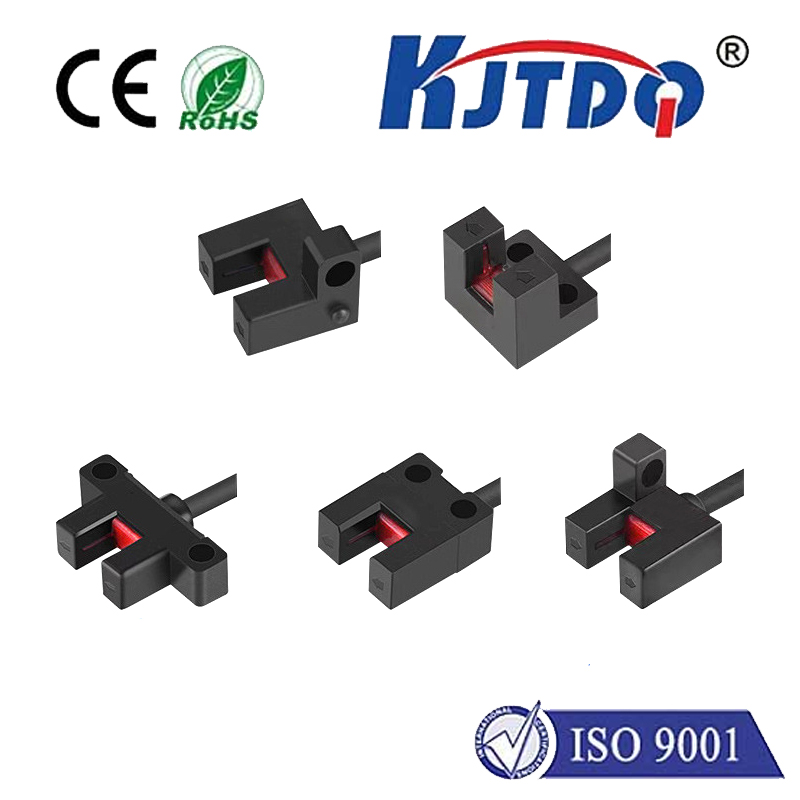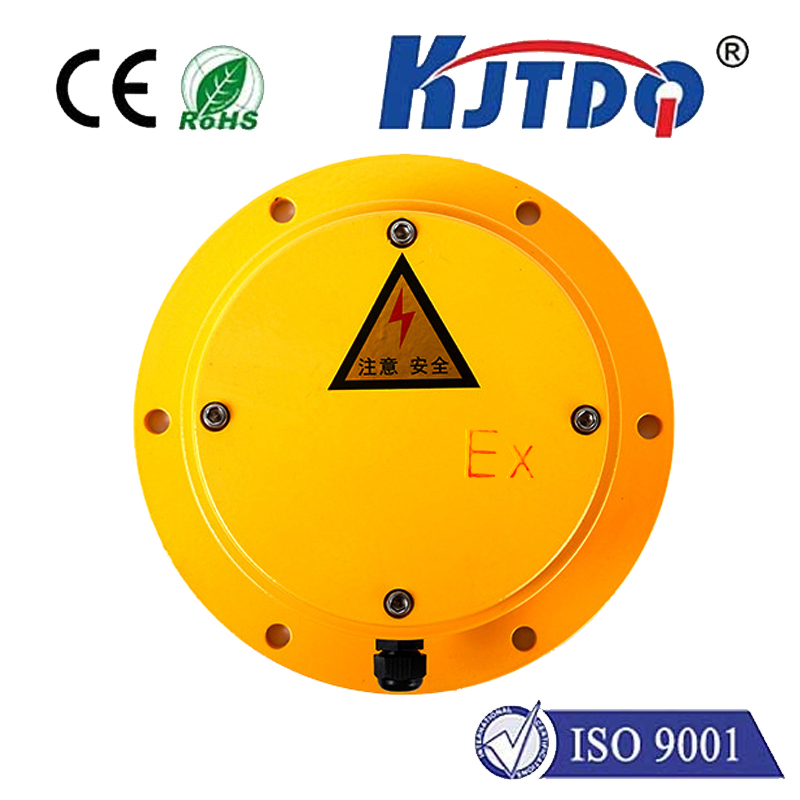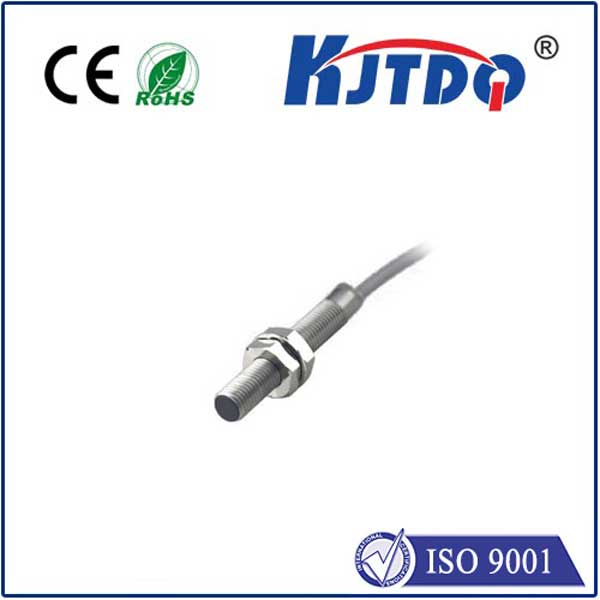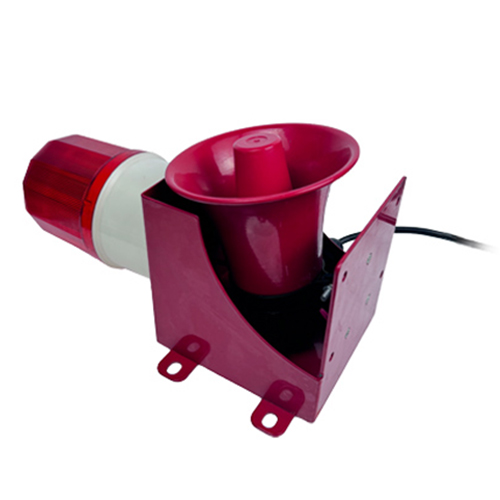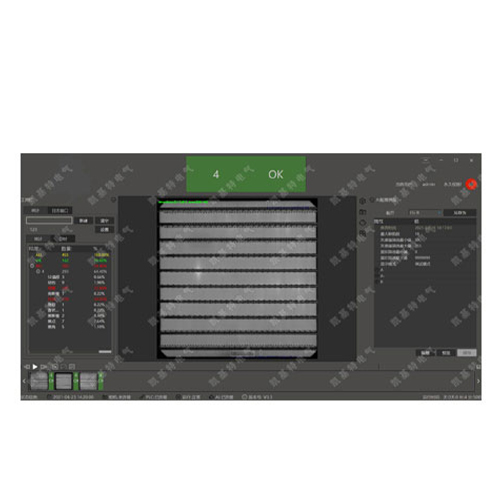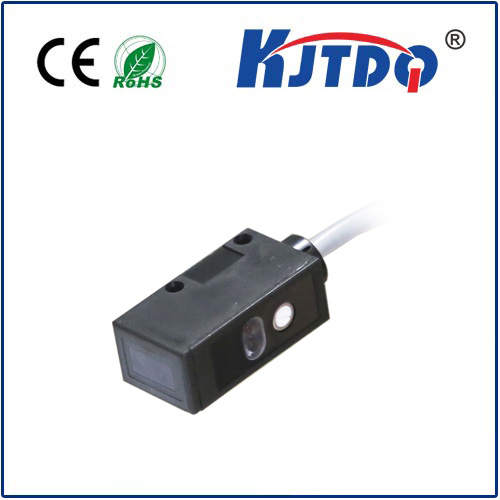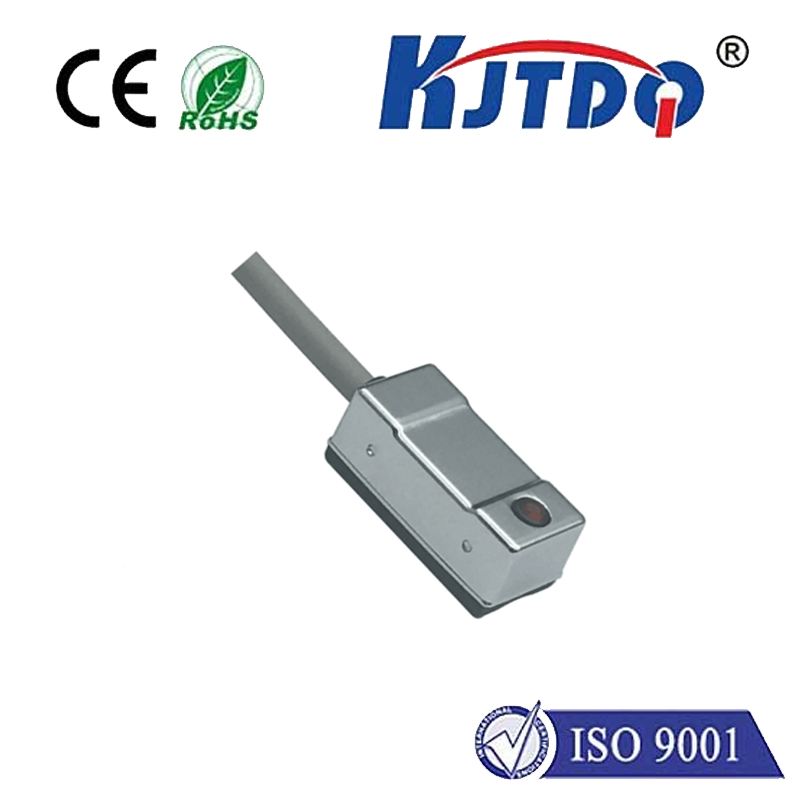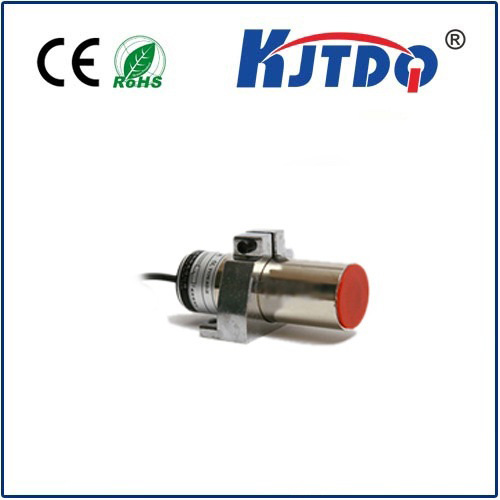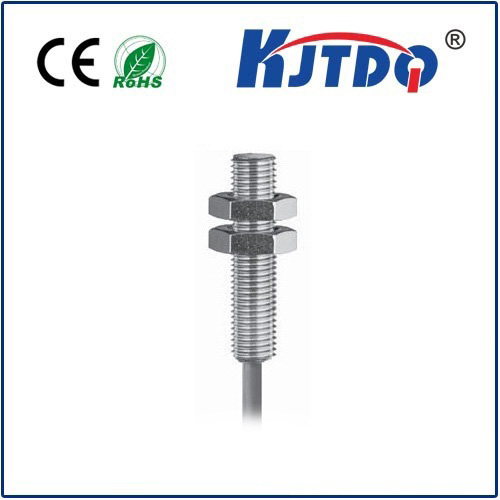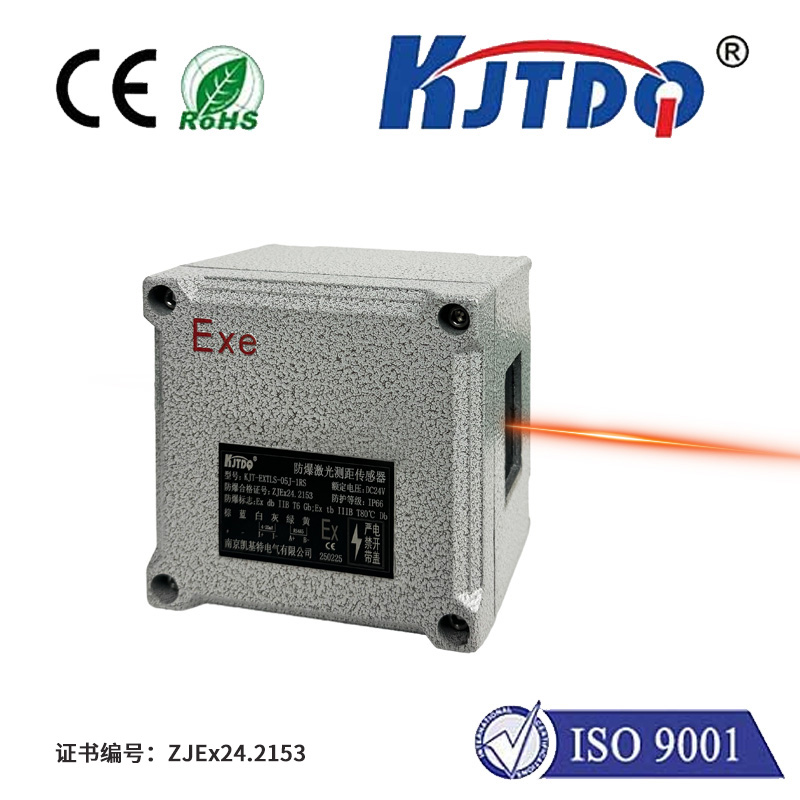The Revolutionary Role of CMOS Laser Sensors in Modern Technology
The integration of complementary metal-oxide-semiconductor (CMOS) technology with laser sensors has opened up a world of possibilities in the field of modern technology. CMOS laser sensors have emerged as game-changers, offering unparalleled precision, speed, and efficiency in a wide range of applications. In this article, we will explore the groundbreaking role of CMOS laser sensors and their potential to transform various industries.

Firstly, CMOS laser sensors are highly versatile and can be employed in numerous settings. They are extensively used in imaging systems such as cameras and scanners due to their ability to capture high-resolution images at rapid speeds. Moreover, these sensors find utility in LiDAR (Light Detection and Ranging) systems for autonomous vehicles, enabling real-time environment mapping and obstacle detection. The healthcare industry also benefits from CMOS laser sensors, particularly in medical imaging and diagnostic procedures, where they provide accurate and reliable readings.
Secondly, the combination of CMOS technology with laser sensors results in significant improvements in performance metrics. These hybrid devices boast lower power consumption compared to traditional sensors, making them ideal for use in battery-operated devices or those requiring long operational durations without frequent recharging. Additionally, CMOS laser sensors offer superior sensitivity, allowing them to detect even faint signals, which is crucial for applications such as environmental monitoring or scientific research.
Furthermore, the manufacturing process of CMOS laser sensors is relatively straightforward and cost-effective due to the widespread availability of CMOS fabrication facilities. This accessibility not only reduces production costs but also facilitates faster product development cycles, accelerating innovation within the industry. As a result, CMOS laser sensors are becoming increasingly popular among businesses seeking cutting-edge solutions that do not compromise on affordability.
Another advantage of CMOS laser sensors lies in their scalability. With advancements in miniaturization techniques, these sensors can be integrated into compact devices without sacrificing functionality or performance. This characteristic makes them suitable for wearable technology, portable electronics, and other devices where space constraints are a concern.
In conclusion, CMOS laser sensors represent a significant leap forward in technological advancement. Their unique combination of precision, versatility, and cost-effectiveness positions them as essential components in diverse areas ranging from consumer electronics to industrial automation. As research continues and new applications emerge, it is evident that CMOS laser sensors will play an instrumental role in shaping the future landscape of modern technology.
